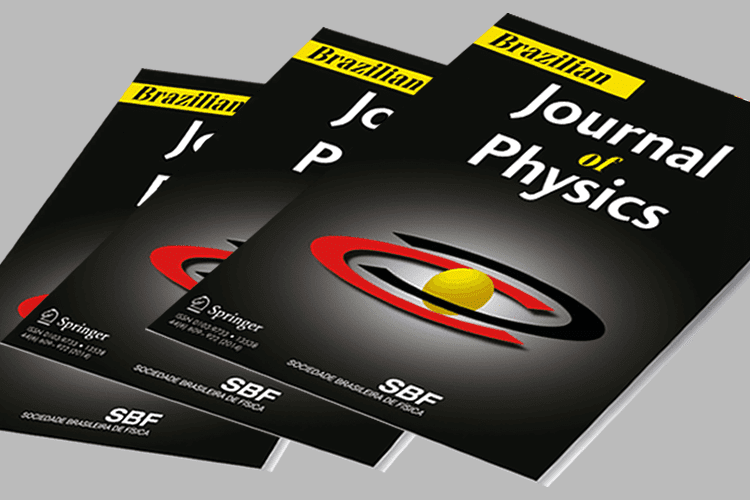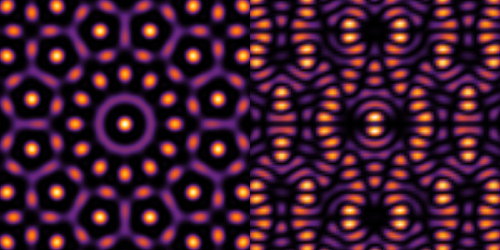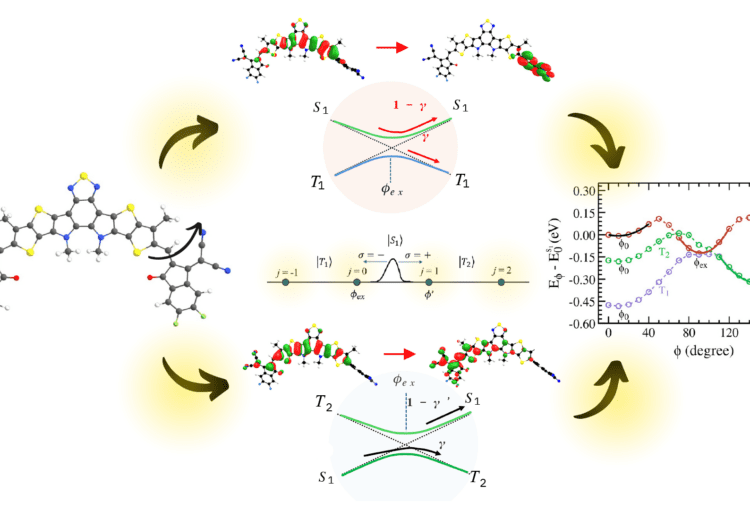JOB OPPORTUNITY: Postdoctoral openings at the Center for Extreme Materials – Duke University (Stefano Curtarolo’s group).
LOCATION: Durham, NC USA.
The group of Prof. Curtarolo at the Center for Extreme Materials at Duke University, USA has open postdoctoral positions in computational materials design. The group is at the forefront of the development of computational methods for the discovery of materials with technological ultra-high-temperature applications. More information about the research can be found at http://materials.duke.edu
Current openings are in (examples of references).
Ultra-high-temperature materials studies (optical and structural)
Divilov et al. Disordered enthalpy–entropy descriptor for high-entropy ceramics discovery. Nature 625, 66 (2024). https://doi.org/10.1038/s41586-023-06786-y
Calzolari et al. Plasmonic high-entropy carbides. Nat Commun 13, 5993 (2022). https://doi.org/10.1038/s41467-022-33497-1
Peters et al. Materials design for hypersonics. Nat Commun 15, 3328 (2024). https://doi.org/10.1038/s41467-024-46753-3
Discovery/design of high-entropy ceramics and other disordered systems
Divilov et al. A priori procedure to establish spinodal decomposition in alloys. Acta Materialia 266, 119667 (2024). https://doi.org/10.1016/j.actamat.2024.119667
Toher et al. High-entropy ceramics: Propelling applications through disorder. MRS Bulletin 47, 194 (2022). https://doi.org/10.1557/s43577-022-00281-x
Esters et al. Settling the matter of the role of vibrations in the stability of high-entropy carbides. Nat Commun 12, 5747 (2021). https://doi.org/10.1038/s41467-021-25979-5
High-entropy ceramics. Nat Rev Mater 5, 295–309 (2020). https://doi.org/10.1038/s41578-019-0170-8
Sarker et al. High-entropy high-hardness metal carbides discovered by entropy descriptors. Nat Commun 9, 4980 (2018). https://doi.org/10.1038/s41467-018-07160-7
Successful candidates should have:
Deep understanding of thermodynamics and kinetics of materials, solid-state physics, crystallography/group-theory, and inorganic chemistry.
Solid communication skills, both verbal and written.
Strong programming skills in C++, LaTeX, good knowledge of Unix systems, and experience using materials data repositories such as AFLOW.
Proven experience in VASP, Quantum Espresso, FHI-AIMS, or other ab-initio code.
A doctorate degree in Materials Science, Physics, Chemistry, Mechanical/Electrical Engineering or related disciplines. Graduate students near completion of their Ph.D. are welcome and invited to apply.
Potential candidates should send one PDF file named “PDOC-202501_Lastname_Firstname.pdf” containing: cover letter, curriculum vitae and the names, emails, and phone numbers of three (or more) references to jobs@materials.duke.edu, subject line “PDOC-202501: Lastname Firstname”. Only PDF material will be considered.
The location of the position is Durham, NC USA. Occasional travel is required. Starting date can be negotiated. The search will continue until the positions are filled.
Note. This is an in-person position (no remote-work).
Duke University is an Equal Opportunity Employer committed to providing employment opportunity without regard to an individual’s age, color, disability, gender, gender expression, gender identity, genetic information, national origin, race, religion, sex, sexual orientation, or veteran status.
Duke aspires to create a community built on collaboration, innovation, creativity, and belonging. Our collective success depends on the robust exchange of ideas-an exchange that is best when the rich diversity of our perspectives, backgrounds, and experiences flourishes. To achieve this exchange, it is essential that all members of the community feel secure and welcome, that the contributions of all individuals are respected, and that all voices are heard. All members of our community have a responsibility to uphold these values.









